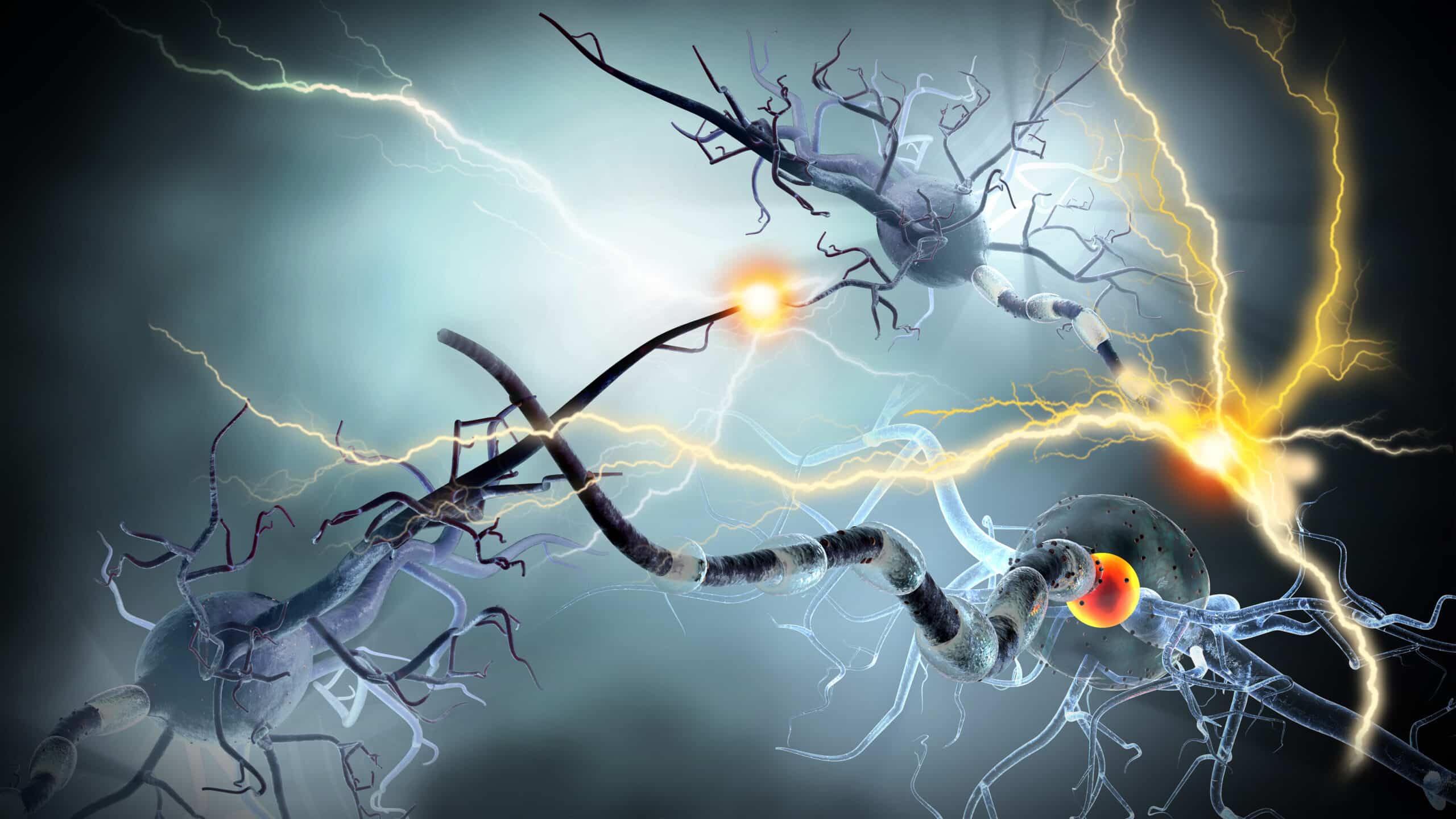Researchers have been unsuccessful at seeking a treatment for the mind wasting disease based on targeting built up proteins in the brain. A recent study silencing genes regulating proteins in children with a rare spinal disease has scientists hypothesizing that a similar approach may be used in people with high risk of dementia.
Dr. James Pickett suggests that an injection to the spine which prevents certain forms of the disease from taking hold may be available in under 10 years using molecular scissor treatment that would not alter an individual’s fundamental genetic code, rather the way specific genes which are known to play roles in dementia communicate.
Currently there is no cure for any form of the disease, and early onset of Alzheimer’s can affect people as early as in their 30s. Such treatment has potential to benefit over 18,000 people in the UK alone with high risk of hereditary AD, which is approximately 2% of the overall population of those with the the degenerative disease. UK estimates are that there are around 850,000 people living with some form of dementia; and around 1 in 14 aged 65+ as well as 1 in 6 aged 80+ will develop the disease.
Dr. Pickett believes that 2019 will be a tipping point for dementia gene therapy, as there are many different pieces of the puzzle coming together. Just as cancer researchers 30 years ago, scientists have a lot of genetic knowledge and are investing in gaining better understandings of this knowledge and how best to exploit it.
25 genes are known of that significantly increase the risk for Alzheimer’s disease, as compared to the 1 known in 2012. Expression of these genes is increasingly believed to able to be manipulated by means of CRISPR gene editing technology, via exploiting a process used by the immune system to cut up the DNA of invading bacteria.
This technology gained much publicity after He Jiankui claimed to have used it to help create the world’s first genetically edited twin baby girls. Such development is illegal in many countries and appears to have been roundly condemned by the majority of the scientific community.
The proposed AD treatment would be form of messenger therapies which target the way genes regulate the activity of damaging protein such as Apo and tau in the brain. Children who were given this method of treatment suffering from muscular atrophy are still able to walk and are not relying on ventilators years after they were expected to have progressed to debilitated states. University College London’s gene therapy trial is similarly aimed at reducing levels of toxic proteins in Huntington disease patients and is also yielding promising results.
Dr. Pickett explains much can be learned from one disease and taken to another. A global network of people with dominantly inherited AD genes are very willing to take part in trials. Dr. Pickett suggests priority should be to attract CRISPR scientists who are currently working with the technology in other fields such as fertility, to turn their attention towards dementia to improve precision.
Dr. Pickett goes on to add that non-familial AD usually develops after 65, preventative treatments for those forms unfortunately remain further away. However Dr. Pickett does reference a current trial targeting tau concluding in January 2020 has potential to be a building block for more broadly applicable therapies.
This is comes as much wanted, inspiring, and promising news for Alzheimer suffers, their relatives, and caregivers that a cure may eventually be found, not just another treatment which only helps slow down the disease. To anyone who has to helplessly watched a loved one slowly fade away nothing short of a cure will do.




